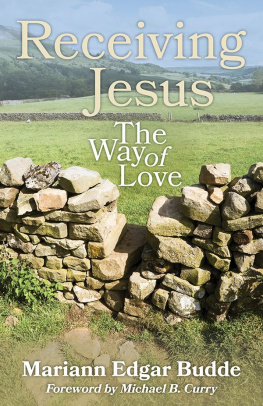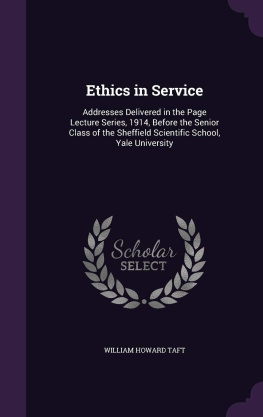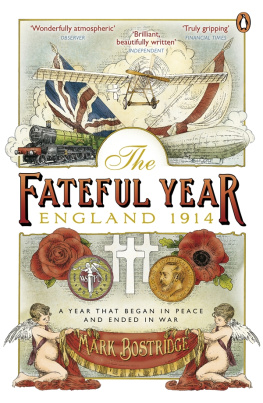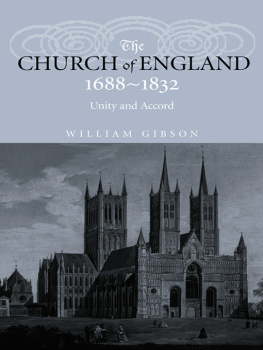CHURCH AND NATION
THE BISHOP PADDOCK LECTURES FOR 1914-15
* * *
WILLIAM TEMPLE
*
Church and Nation
The Bishop Paddock Lectures for 1914-15
First published in 1915
ISBN 978-1-63421-260-1
Duke Classics
2014 Duke Classics and its licensors. All rights reserved.
While every effort has been used to ensure the accuracy and reliability of the information contained in this edition, Duke Classics does not assume liability or responsibility for any errors or omissions in this book. Duke Classics does not accept responsibility for loss suffered as a result of reliance upon the accuracy or currency of information contained in this book.
Contents
*
*
To
MY MOTHER
WHO FELL ASLEEP AS GOOD FRIDAY DAWNED
APRIL 2, 1915
Preface
*
When I received and accepted the invitation to deliver the PaddockLectures for the season 1914-1915, no one imagined that these years weredestined to have the historical significance which they must now possessfor all time. I was myself one of those who had allowed concern forsocial reform, and internal problems generally, to occupy my mind almostto the exclusion of foreign questions. I was prepared to stake a gooddeal upon what seemed to me the improbability of any outbreak ofEuropean war. For all who took this view the events of recent monthshave involved perhaps a greater re-shaping of fundamental notions thanwas required by people who had thought probable such a catastrophe asthat in which we are now involved. I found it impossible to concentratemy mind upon any subject wholly unconnected with the war, while at thesame time it would have been in the last degree unsuitable that in mylectures to American Theological Students I should deliver myself ofsuch views as I had formed concerning the rights and wrongs of the waritself, or the questions at stake in it.
These lectures, therefore, represent an attempt to think out afresh theunderlying problems which for a Christian are fundamental in regard notonly to this war but to war in generalthe place of Nationality in thescheme of Divine Providence and the duty of the Church in regard to thegrowth of nations.
But in a preface it may be permissible to say what would beinappropriate in the Lectures themselves, and first I would take thisopportunity of reiterating certain convictions which have formed thebasis of a series of pamphlets issued under the auspices of a Committeedrawn from various Christian bodies and political parties, of which Ihave had the honour to be Editor:
1. That Great Britain was in August morally bound to declare war and isno less bound to carry the war to a decisive issue;
2. That the war is none the less an outcome and a revelation of theun-Christian principles which have dominated the life of WesternChristendom and of which both the Church and the nations have need torepent;
3. That followers of Christ, as members of the Church, are linked to oneanother in a fellowship which transcends all divisions of nationality orrace;
4. That the Christian duties of love and forgiveness are as binding intime of war as in time of peace;
5. That Christians are bound to recognise the insufficiency of merecompulsion for overcoming evil, and to place supreme reliance uponspiritual forces and in particular upon the power and method of theCross;
6. That only in proportion as Christian principles dictate the terms ofsettlement will a real and lasting peace be secured;
7. That it is the duty of the Church to make an altogether new effort torealise and apply to all the relations of life its own positive ideal ofbrotherhood and fellowship;
8. That with God all things are possible.
These propositions were very carefully drafted by the Committee referredto above and entirely represent my own beliefs; but there is somethingmore which I would add. The new Triple Alliance of Germany, Austria, andTurkey is no accident; it is the combination of just those three Powerswhich openly and avowedly believe in oppressionthat is, in theimposition by force of the standards accepted by one race upon people ofanother race. All nations have at one time or another practisedoppression; certainly Great Britain is not free from the charge, and thehistory of Russia has many dark pages in this respect. But we can allclaim that when we have been guilty of oppression it has been under theinfluence of fear, whether of revolution, anarchism, or some other forcethought to be disruptive of the State. With our enemies this is not so.We all know about Turkey; it is the essentially Mohammedan power, andMohammedanism is the religion of oppression; it believes in imposing itsfaith by means of the sword. The Austrian Empire consists of threedivisions in each of which one race is imposing its manner of life uponanother. In Austria-proper the Germans oppress the Czechs; in Galiciathe Poles have, in some degree at least, oppressed the Ruthenes; inHungary the Magyars have systematically and avowedly oppressed theRoumanians in the east, and the Croats in the south and west. Germanyhas shown her political faith by her conduct in Alsace-Lorraine, andstill more in Poland. Nothing has yet appeared so illuminating withregard to what is at stake in this war, as Prince Blow's chapter onPoland in his book, Imperial Germany; he describes what seems to usthe most grinding oppression with obvious self-contentment and without aquestion of its righteousness; and there have been abundant signs that,at least, many people in Germany are willing to impose German Kultur bythe sword as Mohammedans impose belief in their prophet.
If this is true, and if the analysis in my lectures of the Christianfunction of the State and of the principles of the Kingdom of God issound, then it becomes clear that this war is being fought to determinewhether in the next period the Christian or the directly anti-Christianmethod shall have an increase of influence. The three most democraticof the great Western PowersGreat Britain, France, and Italyinconjunction with Russia, which is after all profoundly democratic in itslocal life though imperially it is a military autocracy, are linkedtogether in a natural union on behalf of freedom as they understand it,against an idea embodied and embattled which is in exact opposition toall they live for. It was therefore no surprise to find that all thecitizens of the United States with whom I came in contact were quitedefinitely upon the side of the Allies in sympathy. To advocate war inthe name of Christ is to adopt a position which looks self-contradictoryand which certainly involves immense responsibility, and yet if ourpeople can maintain the attitude of mind in which they entered on thewar and can secure at the end a settlement harmonious with that frame ofmind, I believe they will have served the Kingdom of God throughfighting, better than it was possible to do at this moment in humanhistory by any other means.
W.T.
Lecture II. in this series is almost identical with the pamphlet OurNeed of a Catholic ChurchNo. 19 of Papers for War Time. InLectures I. and III. I am under great obligation to Professor A. G.Hogg, though my position is not at all identical with his.
Lecture I - The Kingdom of Freedom
*
"And Jesus, full of the Holy Spirit, returned from the Jordan, and wasled by the Spirit in the wilderness during forty days, being tempted ofthe Devil."S. Luke iv. 1.
Our Lord, in accepting for Himself the title of the Messiah, or theChrist, claimed that it was His function to inaugurate upon earth theKingdom of God. Whatever else might at that time be believed about theMessiah, this at least was universally held, that the Messiah, when Hecame, would inaugurate upon earth the Kingdom of God. That is the taskof the Lord's ministry; that is the task to which we, as His followers,are pledged; and at this time when the civilisation, which for nearlytwo thousand years has been under the Christian influence, hasculminated in as great a catastrophe as has ever beset any civilisation,Christian or Pagan, it is well for us to go back and ask, What are thefundamental principles of the Kingdom which Christ founded, what themethod by which He founded it, and what are the principles and methodswhich He rejected?

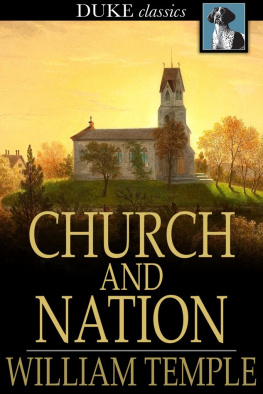
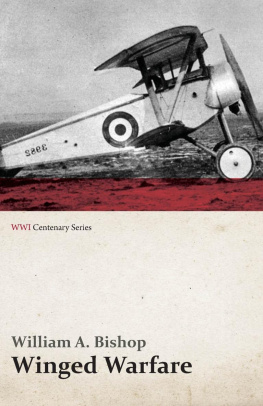
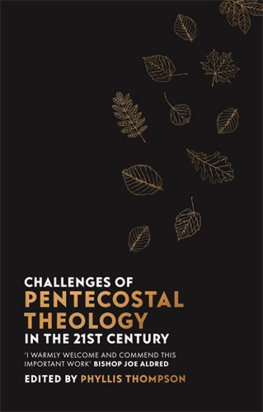

![Blessed John Henry Newman - Blessed John Henry Newman Collection [26 Books]](/uploads/posts/book/371011/thumbs/blessed-john-henry-newman-blessed-john-henry.jpg)
